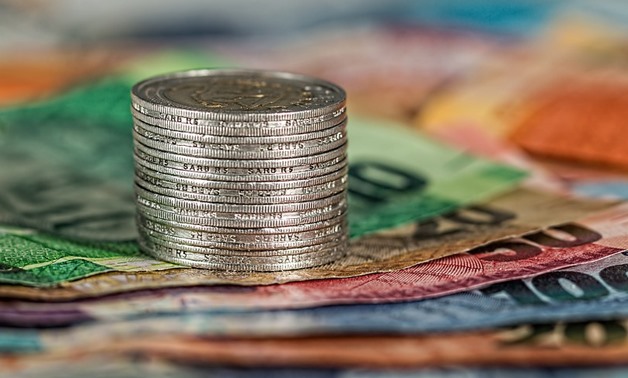
Economy - Pixabay
CAIRO – 21 April 2020: Oxford Business Group shed light on Egypt's efforts to support emerging digital companies, as the global economy faces a significant downturn.
In a report entitled, “How Egyptian funds are supporting start-ups amid the Covid-19 pandemic”, the group stated that Egypt’s digital start-ups were in a good position to respond to the pandemic.
It quoted from a January 2020 report from data platform MAGNiTT, saying that Egypt was responsible for the highest number of start-up financing deals in the MENA region last year, with 141 deals (25% of the total) attracting $98.6 million in funds.
“While the pandemic creates significant headwinds across the economy, several funds are seeking to build on the strong track record of the digital sector,” according to the report.
‘Falak, Egypt’s largest start-up accelerator, is to allocate LE1m ($63,510) to ensure firms are able to weather the current crisis, and are provided with technical and strategic support to leverage any business opportunities that may result from the pandemic,” it added, stating that Falak is targeting start-ups in the fields of health and insurance technology, financial technology (fintech), logistics, 3D printing, remote work solutions and e-learning. These have been identified as central services during the Covid-19 shutdown period.
On April 14 Mohamed Okasha, co-founder of Egyptian fintech firm Fawry, launched a $25m fintech fund designed to bolster Egypt’s finance-orientated start-up ecosystem. Although the fund was planned before the pandemic, its scope and focus have been adjusted in response to the health crisis, in the conviction that fintech will emerge from the crisis as a leading segment of the economy, it stated.
“Technology is having a significant impact on how businesses operate. For example, fintech has disrupted Egypt’s banking sector, and will continue doing so despite Covid-19,” Mervat Soltan, chairperson of Export Development Bank of Egypt, told OBG.
“With 100% mobile penetration – 60% of which is via smartphone – there is a real opportunity for technology to help address broader economic issues, such as the informal economy and challenges to financial inclusion,” she added.
According to the report, in early April Cairo’s Seedspace entrepreneur hub announced the winners of its SeekNotHide hackathon, which invited local start-ups to address the challenges facing the digital economy due to Covid-19. In first place was Netsahem, which designs payment solutions to enable Egypt’s NGOs to manage their finances online.
As per coronavirus measures taken by the Egyptian state, the report said that the government is using modelling in an attempt to predict a trajectory for the containment of the virus. Estimates place the likelihood that containment will be achieved by June at 20 percent, by September at 50 percent and by December at 30 percent.
“As of April 19, Egypt had 3144 confirmed cases of Covid-19 and 239 deaths as a result of the virus,” it stated, noting that although the death rate for Egypt remains relatively high compared to the global average, it decreased last week from 7.5 percent to 7.3 percent, according to the latest figures from the Ministry of Health and Population.
It also reviewed the International Monetary Fund’s (IMF) expectation of the Egyptian economy as Egypt is the only country in the MENA region to not go into recession in 2020, according to the IMF. IMF forecasts the country’s economy will grow by 2 percent this year.
‘On the policy front, officials from supranational organisations have commented that Egypt is well positioned to cope with the crisis. This is a result of the policy measures implemented in March and its ongoing, IMF-backed economic reform programme, which began in 2016” it pointed.
In a virtual meeting with African leaders last week, António Guterres, secretary-general of the UN, emphasised that Egypt had “reduced taxation for industries, postponed taxation on agricultural land and expanded its social safety net programme”, according to the report.

Comments
Leave a Comment